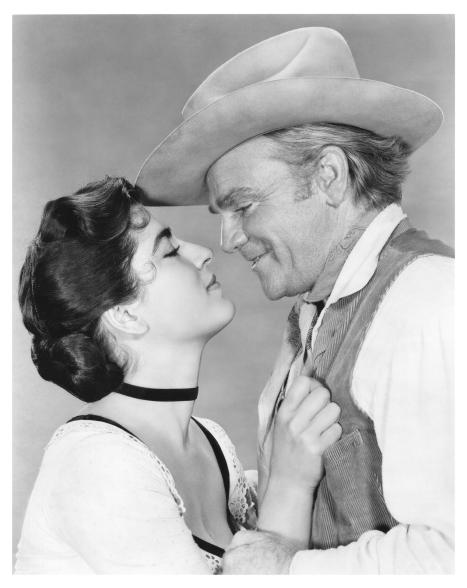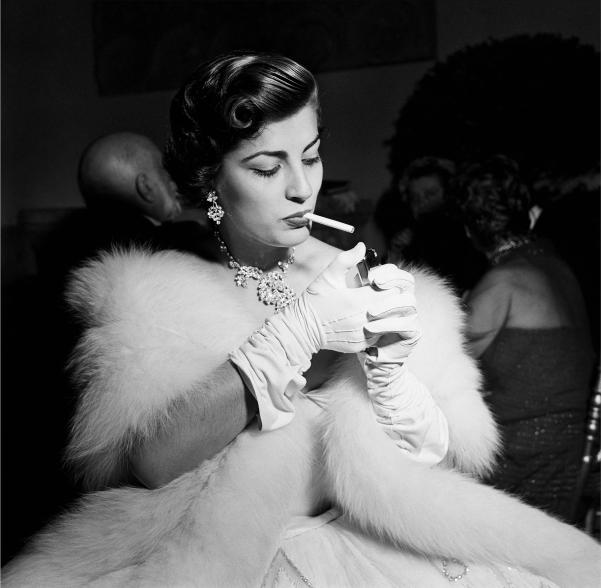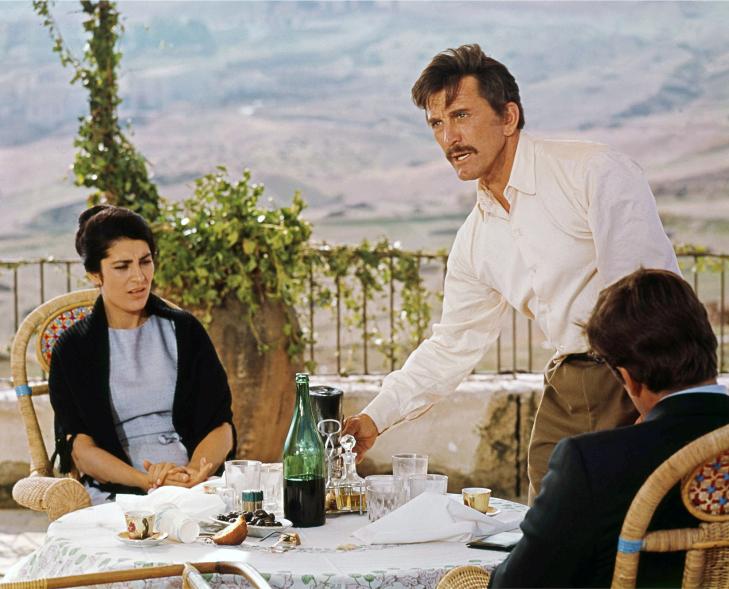Irene Papas, actress from ‘Zorba the Greek,’ dead at 96
Irene Papas, a Greek actress best known for appearing in “Zorba The Greek,” “The “Guns Of Navaronne” and countless Greek tragedies, passed away Wednesday at 96. Greece’s culture ministry confirmed the screen icon’s death in a statement.
“Majestic, stately, dynamic, Irene Papas was the personification of Greek beauty on cinema screens and on the stage, an international star who radiated Greekness,” culture minister Lina Mendoni said, per the New York Times. “With the power of her talent and the charm of her personality, she conquered the world of cinema and theatre.”
As of yet, Papas’ cause of death is unknown, however, it was reported in 2018 that the thespian had been living with Alzheimer’s for five years.
Born Eirini Lelekou on Sept. 3, 1926, in Chiliomodi, Greece and raised in Athens, Papas starred in over 70 films during her storied 50-year career. Her breakout role came in the 1961 war film “The Guns Of Navarone” alongside the likes of Gregory Peck, David Niven and Anthony Quinn. She played a World War II resistance fighter named Maria Pappadimos, who made the difficult decision to shoot an unarmed woman because she was working with the Nazis.
Papas famously starred in the 1964 smash-hit “Zorba the Greek,” also starring Anthony Quinn, in which she played a Greek widow who is stoned by her fellow villagers for laying with the “wrong man.”
The dramatist’s other film credits include “Tribute to a Bad Man” (1956) with James Cagney, “Bouboulina” (1959), “Electra” (1962), “The Brotherhood” (1968) opposite (Kirk Douglas), the political thriller “Z” (1969), “Anne of the Thousand Days” (1969) and “Chronicle of a Death Foretold” (1987). In her final film role in 2003, Papas appeared in Manoel de Oliveira’s “A Talking Picture” alongside Catherine Deneuve and John Malkovich.
The Athens-based Greek Film Center described Papas as “the greatest Greek international film star,” adding that her “image is a timeless imprint of Greek female beauty.”
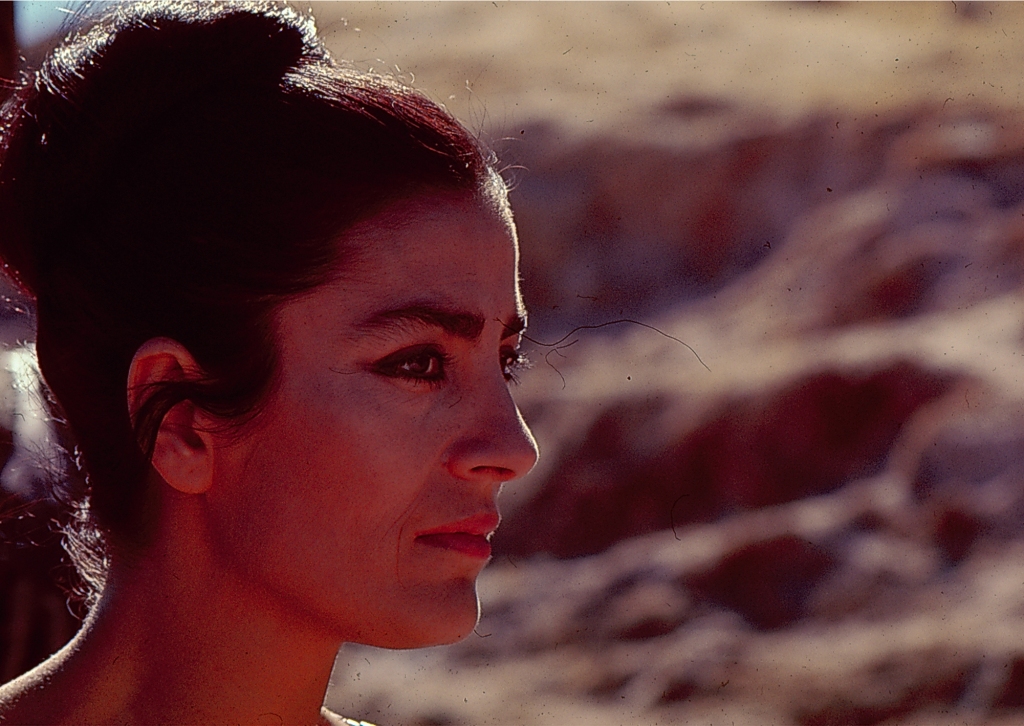
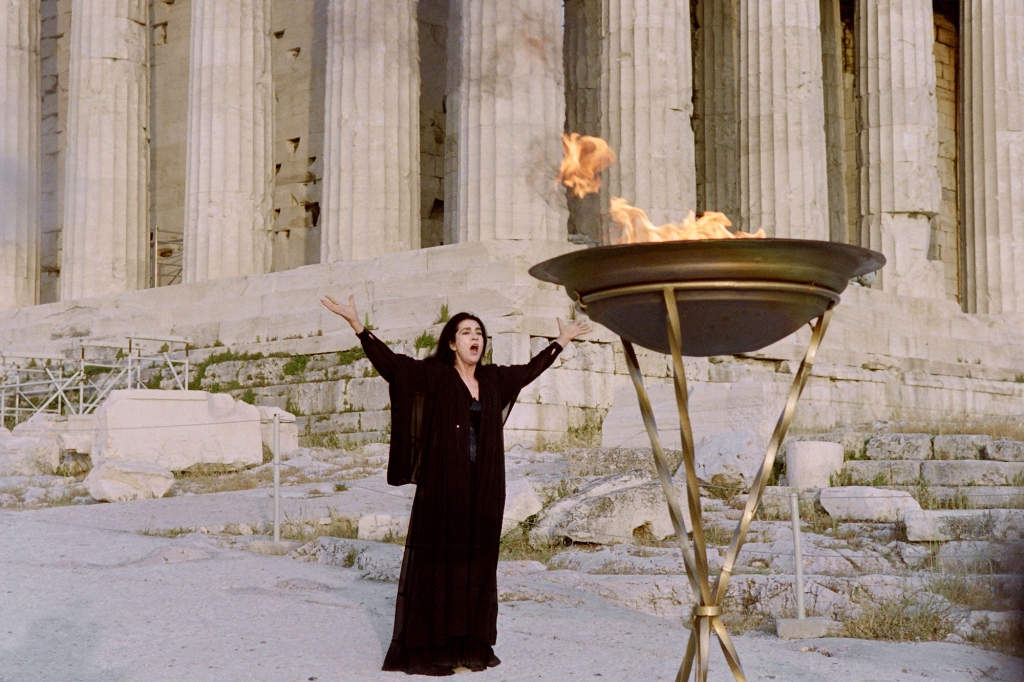
Along with starring it on the big screen, Papas became famous on Broadway for her roles in iconic Greek tragedies. In her maiden Broadway performance, she starred in 1967’s “That Summer — That Fall,” based on “Phèdre,” in which she played a wife who has eyes for her stepson (played by Jon Voight). She went on to portray Clytemnestra in a Circle in the Square production of “Iphigenia in Aulis,” the titular infanticidal mom in “Medea” (1973) and “The Bacchae’s” (1980) Agave, who accidentally murders her son during a drug-fueled orgy. She also starred in the film adaptations of many of her most famous plays, including Antigone” (1961) and “Electra” (1962).
In 1971, she won the National Board Of Review’s best actress award for her role as “Helen of Troy in “The Trojan Women” with good friend Katharine Hepburn and Vanessa Redgrave.
Papas also was a talented singer, notably collaborating with late composer Vangelis on “Odes” (1979), Reuters reported. She also worked on “666,” the controversial final studio album of Greek rock band Aphrodite’s Child.
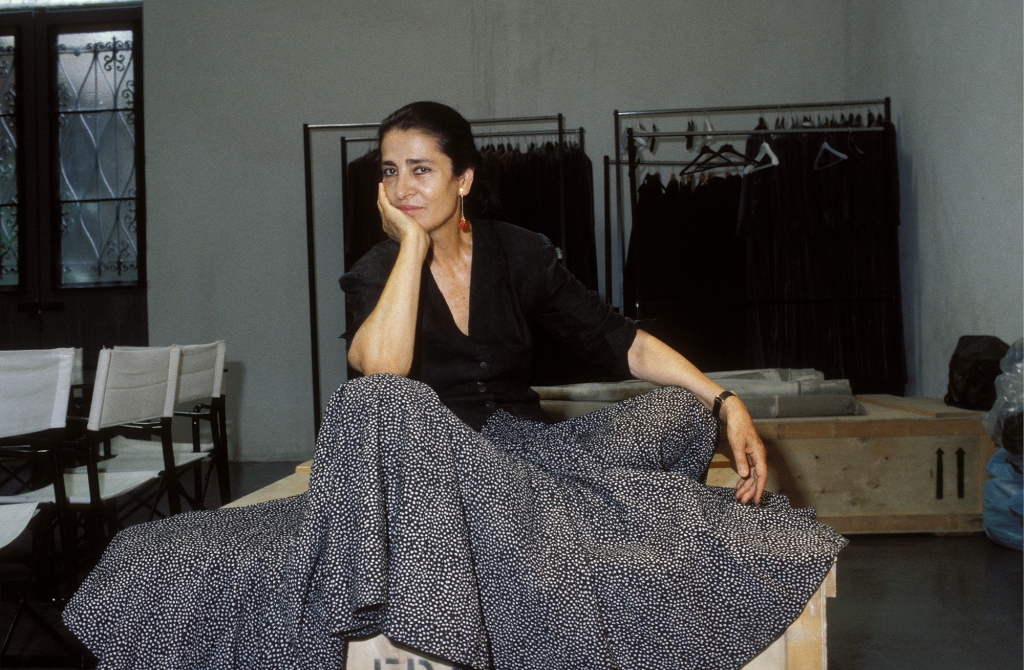
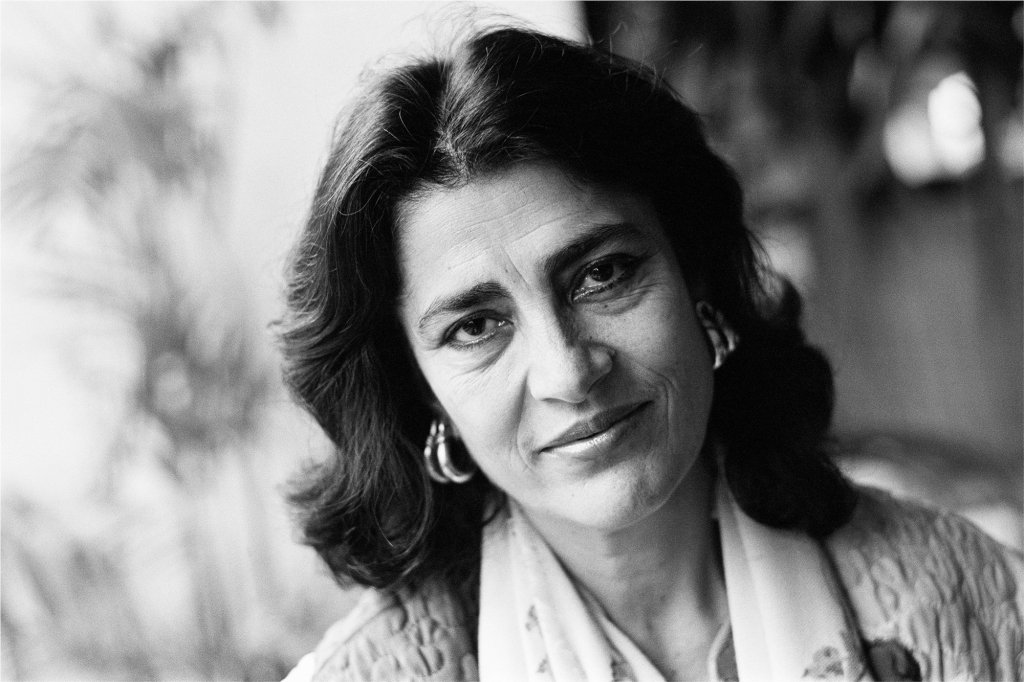
A prominent supporter of the Greek communist party, Papas’ left-leaning views forced her to flee to Italy and the United States from 1967 through 1974 when a far-right military junta ruled her motherland.
Papas was married twice but had a steamy affair with Oscar-winning actor Marlon Brando, whom she first met in Rome in 1954 when she was 24 and he was 30.
“I have never since loved a man as I loved Marlon,” she told Italy’s Corriere della Sera daily in 2004 following Brando’s death. “He was the great passion of my life, absolutely the man I cared about the most and also the one I esteemed most, two things that generally are difficult to reconcile.”
Papas is survived by her two nephews.
With Post wires
Read the full article Here


